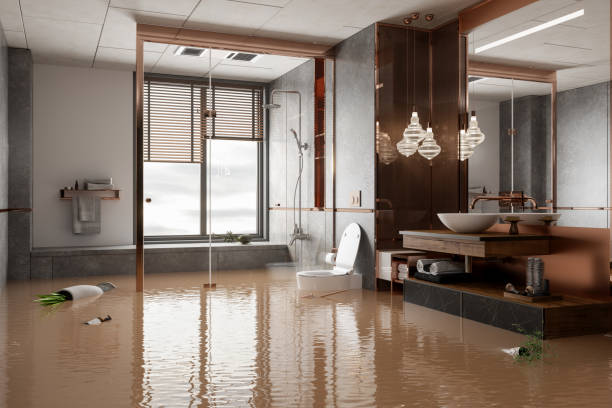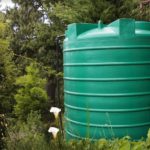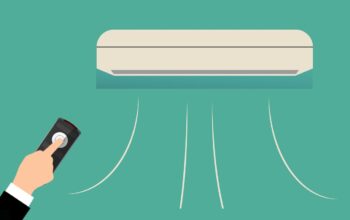Leaky pipes are a nightmare for any homeowner. As with anything that’s likely to break down in your home, you can protect yourself by identifying the primary causes of leaks in advance.
Here are six of the most common origins of pipe leaks:
- Running toilets
- Clogged lines
- Leaky faucets
- Tree root intrusion
- Excessive water pressure
- Corrosion
Stay tuned, because you’ll learn valuable tips for spotting leaky pipes and preventing damage dead in its tracks!
1. Leaky Faucets Causing Steady Drips
A noisy, dripping faucet might drive you crazy, but it’s the ones that go unnoticed that can cause the most havoc. Without realizing it, you could be wasting hundreds of gallons a month in water, and those costs will come back to haunt you. Even if you feel like you can tolerate the dripping noise that comes with a leaky faucet, it’s best to call a professional so you can have it fixed ASAP.
2. The Toilet Running on Its Own
Perhaps the most pernicious plumbing issue to plague a homeowner is the toilet that stops and starts whenever it pleases. While the hissing sound emanating from the bathroom is troublesome enough, the volume of water wasted can be up to a gallon every 30 seconds!
Left unaddressed, an unruly toilet can add up to some hefty monthly bills. Fortunately, the solution might be as simple as replacing the flapper or floater in the toilet tank — a task you can likely perform on your own.
3. Small Clogs Leading to Big Problems
A drain can clog at any time. While a slowly emptying sink isn’t necessarily a crisis, over time water can build behind the blockage, placing undue pressure on the pipes themselves.
Corrosive chemicals can be especially damaging to plumbing, so avoid store-bought clog-removers. Instead, opt for hair traps in showers and bathtubs to prevent clogging, and safe, inexpensive alternatives such as drain snakes to clear out bathroom and kitchen sinks when necessary.
4. Tree Roots Causing Trouble
Trees are amazing organisms. Their roots are adept at seeking out and locating water in the soil to nourish the trees above. If there’s a plumbing line that’s corroded or has faulty seals, it won’t go unnoticed by nearby thirsty roots.
Root intrusion is one of the most damaging and expensive catastrophes a home plumbing system can endure. If you notice a sudden drop in water pressure, or if wet patches appear out of nowhere in your yard, then a greedy root may be the culprit.
5. High Pressure Needing an Adjustment
Everyone loves the feeling of taking a shower that’s blessed with high water pressure. Now imagine that same force of energy being exerted against the inside of your pipes all day and night. Your plumbing can handle a lot, but typically anything more than 60 psi worth of water pressure can damage pipes and joints.
If you think you might be indulging a bit too much, it’s never a bad idea to have that area of your home inspected. A skilled professional can test your system & adjust it as necessary to protect your home’s plumbing.
6. Corrosion Causing Damage
As with any appliance, pipes have a lifespan that cannot be ignored. Galvanized steel plumbing, for example, can’t be expected to last more than 20 years. If your neighborhood’s water supply is especially acidic, the water’s corrosive effects may shorten your pipes’ effectiveness even sooner.
Of course, you might not be able to see corroded pipes or seals firsthand. If you think your home’s suffering from leaks hidden within the walls, here is a tried-and-true method for detecting leaks through your water meter.
To begin, shut off all the water throughout your home. Make sure no one’s taking a shower, and that sprinklers and the dishwasher aren’t operating. Once you’re sure there’s no water running, pay particular attention to the reading on your water meter. If the numbers have changed, then there’s a leak somewhere in your house.
Conclusion
A leak can happen anywhere at any time, but that’s no reason to panic. By keeping a close watch on your home’s plumbing and calling a restoration Las Vegas professional for help at the first sign of trouble — you’ll be able to protect your home from unnecessary damages and expenses stemming from leaky pipes.
Related Posts

Loves home. I am here to provide how to make your home a much better place. 🙂 Blogging about HomeDecor, Home Improvements and more.











